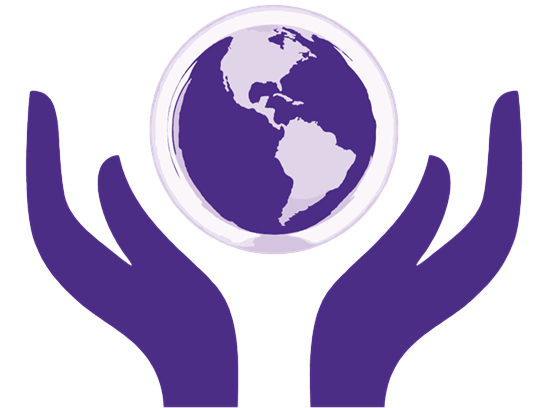“My life with Daniel continued to deteriorate. Once, he brought a girl home and slept with her in our house. The intense sexual pull between us had died for me, but not for him. Sometimes after he hit me, he’d want to have sex, then that struggle would get violent, too. One night, I ran from the bedroom, my nightgown in pieces, grabbed my Bible and shut myself in the bath. ‘God,’ I said, ‘Guide me with a verse.’ I let the book fall open: Isaiah 54. ‘For the Lord has called thee as a woman forsaken and grieved in spirit… O thou afflicted, tossed with tempest, and not comforted, behold I will lay thy stones with fair colors, and lay thy foundations with sapphires…’”
Leymah Gbowee and Carol Lynn Mithers, Mighty Be Our Powers: How Sisterhood, Prayer, and Sex Changed a Nation at War: a Memoir (New York: Beast Books, 2013), 47.
“For me, the pleasure of moving from the local to the international stage was a chance to accomplish more, yet it still took exhausting effort to make anything happen. A war ends, and the international powers insist that an army be reformed, but when it comes to gender equality, nothing changes.”
Gbowee and Mithers, Mighty Be Our Powers, 206.
“This infighting happens in any society or group that has been impoverished or disenfranchised for a long time. You see one person doing well, think she’s getting it all and want only to take it away. I understand it, but it is very destructive. That day, I broke down and cried. If what I’d wanted was power, I’d had plenty of chances to take it.”
Gbowee and Mithers, Mighty Be Our Powers, 199.
“Just as it happened elsewhere in the world – in Bosnia, Rwanda, Kosovo, – some balance had shifted, and decades of repressed rage poured out. From now on, nothing would be the same.”
Gbowee and Mithers, Mighty Be Our Powers, 31.
“The words lodged deep inside me, and I suddenly thought of a song we sang at church: ‘Count your blessings, name them one by one, and it will surprise you what the Lord hath done.’ Compared with these women, I had many blessings. Yes, I lived in an abusive relationship, but I had two healthy children, a warm bed, a roof over my head. The understanding put a boundary on my own pain.”
Gbowee and Mithers, Mighty Be Our Powers, 53.
“When I couldn’t stand it, I would cross the road to sit under a palm tree with a young girl who sold fruit. Or huddle in the bedroom and open the Bible to Isaiah. ‘I will lay thy stones with fair colors, and lay thy foundations with sapphires.’ Asking God – begging – ‘Where are you? Where is the promise you made to me?’ I made a little money, bought enough food to get us fed and tried to get through the days without any sense of what might be on the other side of them.”
Gbowee and Mithers, Mighty Be Our Powers, 66.
“It was a powerful vision. As it took shape, we held hands and prayed for guidance. ‘Lord, tell us Your wishes. Is this the direction You want us to take?’ We all felt the answer was ‘Yes,’ and that night, when I opened my Bible to my special verse, Isaiah 54:4, my eyes landed on the words ‘Do not be afraid. You will not suffer shame. Do not fear disgrace, you will not be humiliated.’”
Gbowee and Mithers, Mighty Be Our Powers, 188.
“Members of eighteen political parties met with the Interreligious Council of Liberia and signed a resolution calling on the government and LURD to meet and declare a cease-fire. With the support of the International Contact Group on Liberia and ECOWAS, the Interreligious Council was also trying to find a place where peace talk would be held – Accra or Dakar, Senegal.”
Gbowee and Mithers, Mighty Be Our Powers, 133.
“The president didn’t acknowledge us and we returned to the field. We met at dawn and always started the day with prayers. The Lord is my shepherd; I shall not want… In the name of Allah, the Beneficent, the Merciful Praise be to Allah, Lord of the worlds…”
Gbowee and Mithers, Mighty Be Our Powers, 138.
“The women from CWI and Muslim Women for Peace were responsible for the day-to-day activities on the field. If they said it was time to sing, we sang. We also formed committees to handle different jobs, such as finding buses to bring women to the protest from the internally displaced persons camps.”
Gbowee and Mithers, Mighty Be Our Powers, 139.
